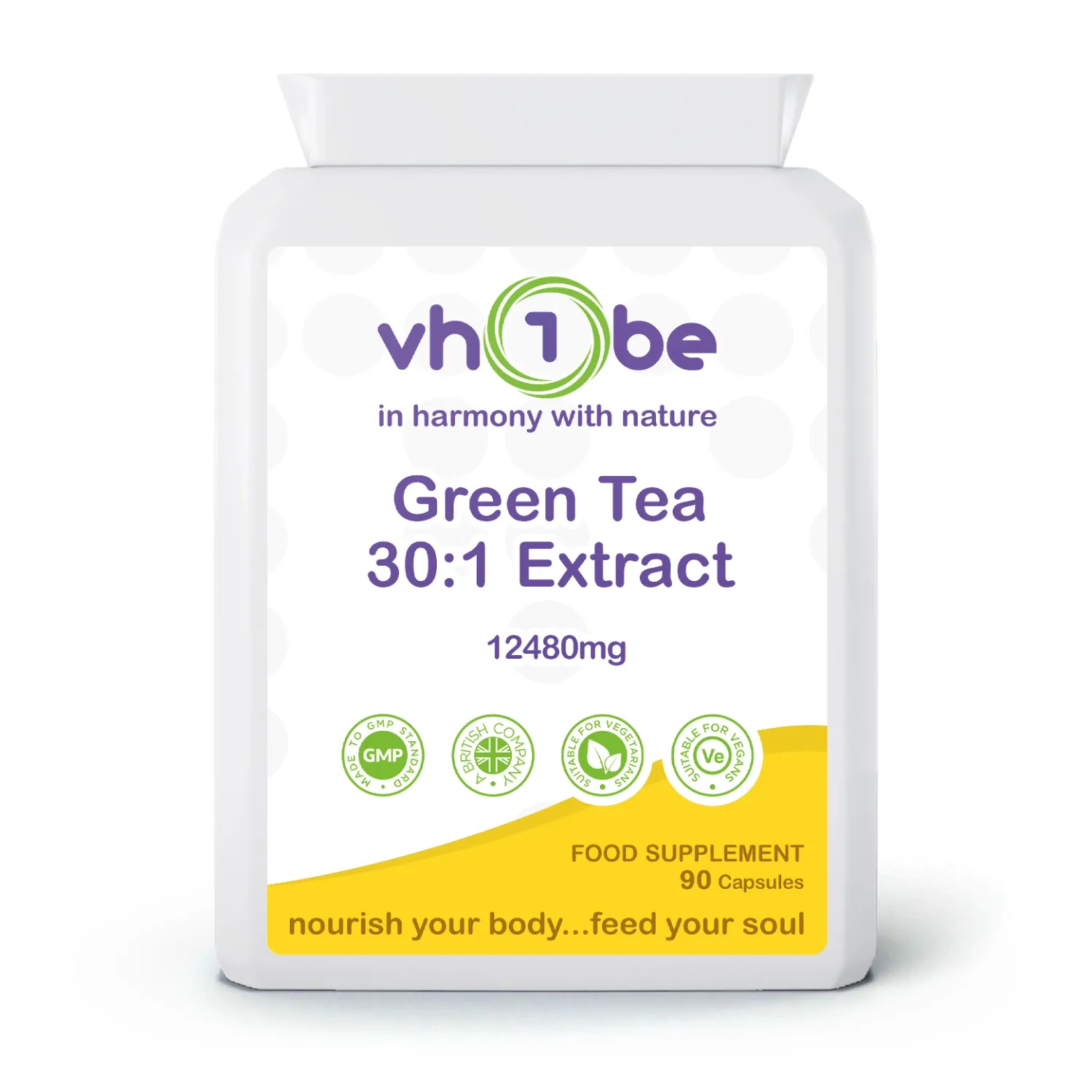
Trying to lose face fat? You’re not the only one. While you can’t target fat in one area, reducing overall body fat will make your face look leaner. The right mix of diet, consistent movement, and smart supplementation can speed things up. This guide breaks down what works and why, so you don’t waste time on trends that don’t deliver.
What Causes Face Fat?
A fuller face usually ties back to bigger-picture issues. High body fat, poor sleep, stress, hormone shifts, sodium-heavy diets, and genetics all play a role. Water retention and aging also change how fat sits on the face. If you want lasting results, you’ll need to address the cause, and not just the appearance.
.png)
Do Supplements Make a Difference?
They won’t do the work for you, but the right ones can help. Some improve digestion and cut water weight. Others support better sleep, hormone balance, or calorie burn. If your routine already includes healthy food and regular movement, supplements can help move the needle. Just make sure you’re using them for support, not as shortcuts.
Top Supplements to Support Face Slimming
Smart supplementation can reinforce what your diet and workouts already set in motion. These ingredients target inflammation, water retention, and metabolic support; three key factors that affect facial fat and puffiness.
Green Tea Extract
Known for its high catechin content, green tea extract helps increase fat oxidation and supports a mild thermogenic effect. That makes it easier to burn calories, especially when paired with exercise. While it won’t singlehandedly melt away face fat, it can complement your daily efforts by nudging your metabolism upward.

Magnesium
Magnesium plays a role in muscle relaxation, stress regulation, and sleep quality. It also helps reduce water retention, which can ease facial bloating. Many people fall short on magnesium without realising it, especially if their diet lacks greens, legumes, or seeds. A small supplement in the evening can help balance things out.

Omega-3 Fatty Acids
Omega-3s, usually sourced from fish oil, support fat metabolism and help control low-grade inflammation. If your face often looks puffy or inflamed, omega-3s can provide a subtle but steady improvement. They’re also good for cardiovascular health, joint support, and brain function, so you’re getting wider benefits.

Collagen with Vitamin C
As fat drops, loose skin can become more noticeable, especially around the jawline. Collagen can support elasticity, while vitamin C helps your body produce more of it naturally. Together, they help your skin stay firm and hydrated during fat loss, keeping your facial features more defined.

Probiotics
Gut health and bloating go hand in hand. A disrupted microbiome can lead to gas, water retention, and even skin flare-ups. Probiotics help balance digestion, reduce puffiness, and may improve how your body handles food. Look for strains like Lactobacillus and Bifidobacterium that support overall gut function.
.webp)
Daily Habits That Help You Lose Face Fat
These actions support facial fat loss, and also reinforce better health across the board.
- Hydration: One of the best ways to reduce sodium and lower overall water retention is to actually drink enough water, believe it or not. When you’re dehydrated, your body tends to hold onto fluids, which shows up in your face.
- Balanced Diet: Focus on whole foods, fibre, and lean protein. Junk food and adding too much table sugar promotes inflammation and weight gain. These two can affect facial appearance. You’re better off eating whole foods that fuel you and help manage hunger naturally.
- Regular Exercise: A mix of strength and cardio works best. You need muscle to burn more calories at rest, and aerobic activity to improve fat oxidation. Aim for at least 150 minutes of moderate movement per week and include resistance training two to three times.
- Adequate Sleep: Lack of sleep skews your hunger hormones and makes fat loss harder. Poor rest also increases cortisol, which may encourage fat to collect around your neck and jaw. Aim for seven to nine hours a night, without screens before bed.
- Stress Management: Chronic stress can change how your body stores fat. Practices like walking, deep breathing, journaling, or short breaks during the day can keep cortisol from spiking and improve your ability to recover from workouts.
Foods That Naturally Help Slim the Face
.png)
Certain foods support hydration, digestion, and satiety, all important for leaning out.
Leafy Greens
Spinach, kale, and arugula are rich in fibre, iron, and plant compounds that help fight inflammation. They’re also low in calories and high in volume, which means you feel full without overeating.
Cucumbers and Watermelon
Both are high in water and low in sugar. They help flush excess sodium and ease bloating, especially in hot weather or after salty meals.
Lean Proteins
Chicken, turkey, tofu, and legumes provide amino acids your body needs to hold onto muscle while losing fat. That balance matters when you’re trying to sculpt a leaner face.
Whole Grains
Brown rice, oats, and quinoa help manage blood sugar and keep cravings down. That leads to more consistent energy and fewer binge-eating cycles, which can derail your progress.
How Long Does It Take to Lose Face Fat?
The short answer: it depends. If your routine is consistent and well-structured, you may notice changes in two to four weeks. Bigger shifts in facial appearance often come after longer periods of total body fat loss, usually over two to three months.
Remember: Don’t rush the process. Slow, steady progress tends to stick.
Mistakes to Avoid
- Crash Dieting: Slashing calories too hard can shrink your face too fast, making you look tired or drawn. It also increases the odds of rebound weight gain.
- Skipping Strength Workouts: Muscle helps you maintain shape and burn more energy. Without it, fat loss becomes harder and less sustainable.
- Cutting Sleep Short: Your body recovers and regulates fat-burning hormones during rest. Bad sleep quality (or just lack of sleep overall) increases appetite and slows your metabolism, because the stress and fatigue makes your body feel the need to be in fat storage mode.
- Too Much Salt: High-sodium foods cause water retention and puffiness. Restaurant meals and packaged snacks are often the biggest culprits. Swollen face the next morning? It might be a good idea to take note of your salt intake the night before.
Final Thoughts
A slimmer face starts with consistent habits. Clean eating, regular workouts, quality sleep, and smart hydration drive real progress. Supplements can support your efforts, but they won’t replace the basics. Focus on lowering inflammation, managing stress, and cutting excess body fat gradually. Visible changes take time, but they will show if you stay on track.
Frequently Asked Questions
What vitamin helps with face fat?
There’s no magic vitamin that melts facial fat. But some can support the process. Vitamin D helps regulate hormones linked to weight. B-complex vitamins aid metabolism. And vitamin C supports skin structure while you lean out.
How fast can I lose face fat?
You might notice slight changes in two to three weeks if you’re consistent. Big shifts usually take a few months. The leaner your body gets, the more your facial shape sharpens.
Should I take supplements to lose face fat?
They help, but only as part of a bigger routine. Supplements won’t do the heavy lifting for you, but they can support your metabolism, lower inflammation, and manage bloating.
Why does my face look puffy in the morning?
Could be salt, sleep, or hydration. A high-sodium meal or a short night of rest can cause fluid to pool, especially around your cheeks and eyes.
Can skinny people still have face fat?
Absolutely. Genetics, hormones, and water retention all play a role. Some people carry fat in the cheeks or under the jaw even if they’re lean elsewhere. The key is focusing on total health, not just the scale.


